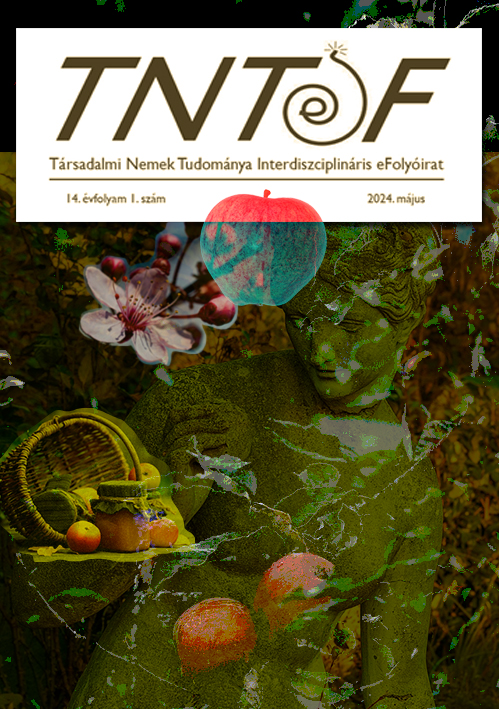Transformations of memory and discursiveness in the works of Marga Minco
Main Article Content
Abstract
I analyze three works by the Dutch holocaust survivor, Marga Minco (1920–2024). They are "Het adres” [The Address] (1957/2003), the short novel Het bittere kruid [Bitter Herbs] (1957/1979) and the children’s story, Kijk 'ns in de la [Just Take a look in the drawer] (1963). I shall examine the activation of transformations, the ways the author turns elements of her personal life first into autobiographical fiction and then to a humorous, absurd tale. I draw on Ernst van Alphen's 1999 article "Symptoms of Discursivity: Experience, Memory and Trauma", in which he argues that experience, memory and trauma are discursive in nature. He distinguishes four symptoms of discursivity, i.e. four representational problems of the holocaust: the confusion of subject and object positions, the complete denial of the subject position, the incompleteness of narrative frames, and the complete denial of narrative frames. I explore these positions in the short story "Het adres" and in the short novel Het bittere kruid. Finally, I examine the process of reconstruction that results in the elimination of the symptoms of discursivity in the children’s tale.

